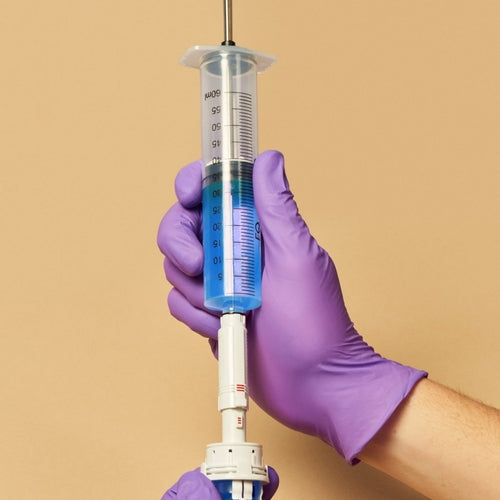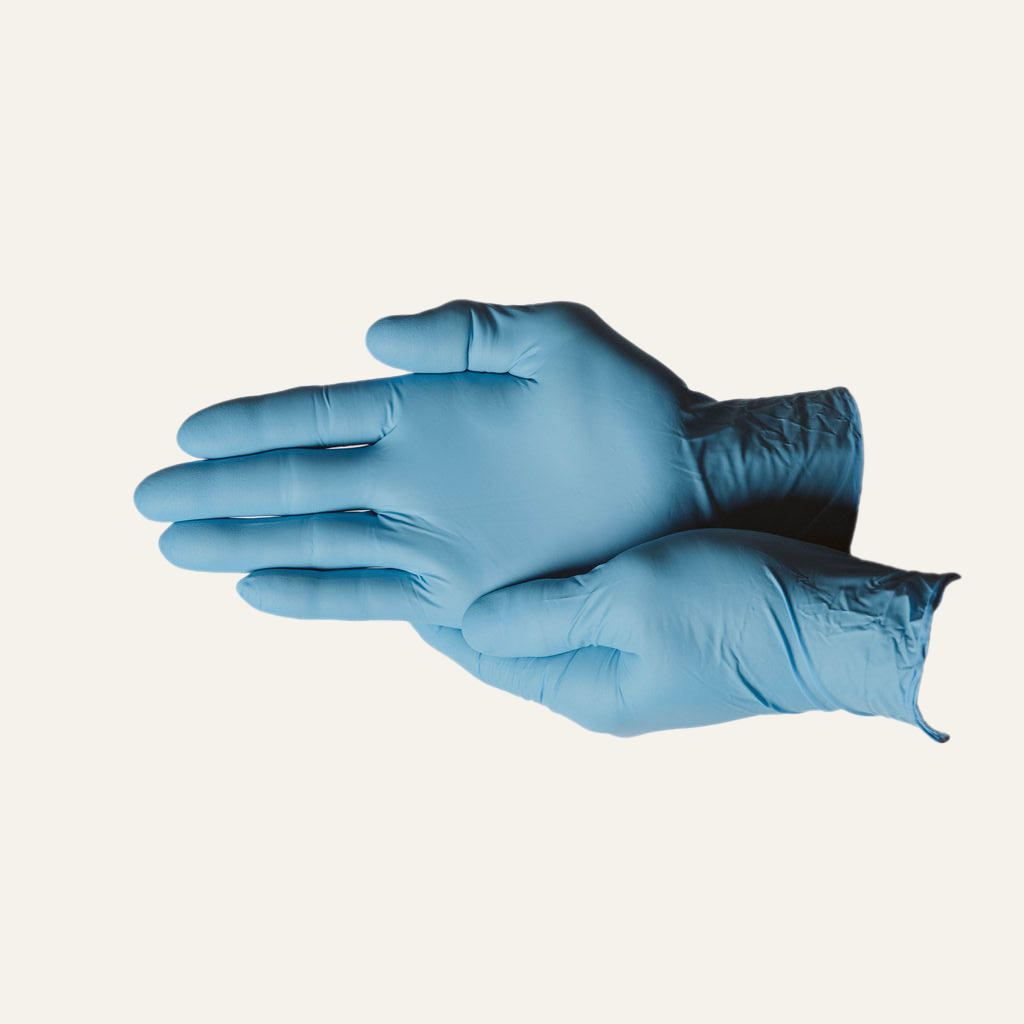
What are Latex Gloves used for?
For decades, latex gloves were the king of the disposable glove industry. These days, though, as latex allergies are increasingly common, latex products have a more niche application. Either way, the material remains well-suited to handling certain jobs--and ill-suited to others.
For decades, latex gloves were the king of the disposable glove industry. These days, though, as latex allergies are increasingly common, latex products have a more niche application. Either way, the material remains well-suited to handling certain jobs--and ill-suited to others.
Not sure whether latex gloves are the right fit? Here’s a look at what latex gloves are used for.
What are Latex Gloves?
You might be surprised to learn that the materials behind latex gloves are naturally occurring. In fact, while dip-molded latex might lead you to believe these are purely synthetic gloves, latex is actually a naturally occurring plant material.
Basically, latex is any polymer in a water-based or viscous form. Natural latex, or natural rubber latex, is derived from the rubber plant Hevea brasiliensis and is a complex emulsion of proteins, sugars, oils, starches, tannins, alkaloids, resins, and gums that coagulate when exposed to the air.
We transition from the rubber plant to commercial latex by taking fresh latex and transforming it through a process of blending, coagulation, and drying.
What are Disposable Latex Gloves Used For?
Latex gloves have long been popular power players among disposable gloves, whether they’re powdered latex gloves or powder-free gloves. These days, workplaces are more conscious of latex allergies.
Even so, latex remains a popular glove material for its comfort, stretchiness, and tactile sensitivity. This makes latex a popular compound among a specific population: the medical industry.
In terms of medical gloves--especially surgical gloves--few materials can match the dexterity and tactile sensitivity of a latex glove. This is incredibly important for work requiring extreme precision, such as surgery. That said, even regular physicians remain frequent users of latex gloves. Even a regular physical exam needs tactile sensitivity, and on that front, latex gloves are hard to beat.
Latex is also quite popular among workers who need frequent glove changes, whether that’s the healthcare industry or elsewhere. In many cases, you would need powdered gloves to provide the same comfort level as latex powder-free gloves.
For this reason, latex is also popular among laboratory workers. It does quite well with most biological agents, though natural rubber does not perform well around certain solvents.
What Latex Gloves Should NOT Be Used For
However, while latex makes for excellent medical grade gloves, there are certain applications where latex-free gloves are a better fit. There are two specific instances when you should not opt for disposable latex gloves: industrial applications and food service.
Food Service Applications
Whether you work in a sandwich shop or a meat production factory, the food industry is not the right place for latex gloves.
For one thing, there’s no way of knowing whether a consumer might be allergic to latex. For another, latex isn’t the most puncture-resistant material on the market, which can create problems if you’re working with machines or knives.
Which gloves are the right fit depends on the application. If you’re just assembling food and need a basic sanitary barrier, vinyl gloves will do quite well. However, if you’re working around machinery, you need the protection of nitrile gloves.
Industrial Applications
Another area where disposable latex gloves are a poor choice is industrial applications.
While latex provides unbeatable tactile sensitivity and dexterity, industrial work is an area where durability is most important. The glove has to be able to withstand a lot of abuse while still protecting your hands. Unfortunately, latex isn’t the right disposable glove for the job.
Because durability matters above all, the best industrial disposable gloves are pretty much always nitrile gloves. Vinyl is even less durable than latex and not as fitted. And while nitrile isn’t as stretchy as latex, it provides the best tensile strength available in disposable gloves.
Choosing the Perfect Disposable Gloves
As you can see, what you intend to use disposable gloves for will decide the right disposable glove for the job.
In many cases, when healthcare providers need gloves, latex remains their first choice. The level of tactile sensitivity and dexterity is unparalleled, which is critical for precision work that may save someone’s life. However, it’s important to be aware of latex allergies.
If you need more durability, nitrile gloves should be your first port of call. In fact, dentists often choose nitrile over latex because it’s more puncture-resistant.
Finally, if all you need is a basic sanitary protective later for frequent glove changes, vinyl gloves are usually a good choice.
Looking for Powder-Free Latex Gloves You Can Trust?
If you need latex disposable gloves you can trust to get the job done right every single time, you’re in the right place. Our latex gloves are designed for a comfortable fit and maximum performance, with a stretchy fit and a loose cuff for easy application and removal.
If you’re ready for gloves your whole team can rely on, find your perfect latex gloves and add them to your cart. Or, if you’re ordering for your whole organization, our customer service team will be happy to set up a wholesale order.

